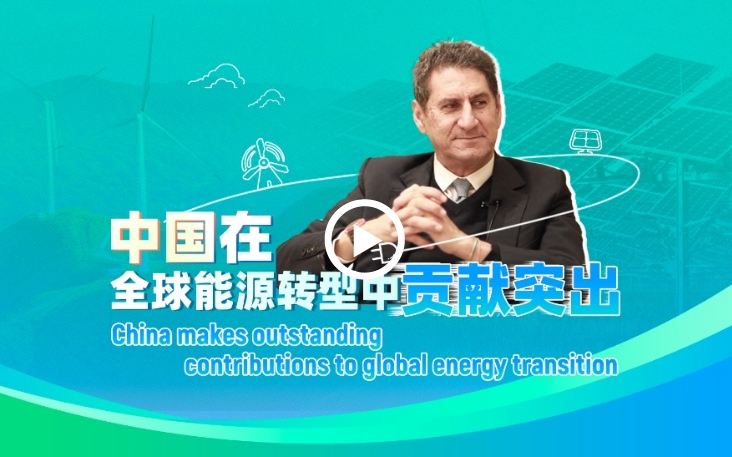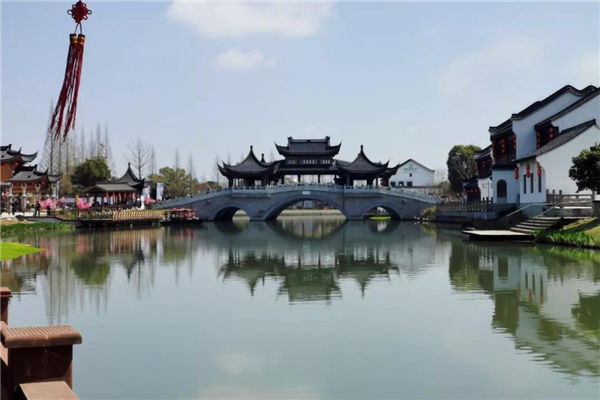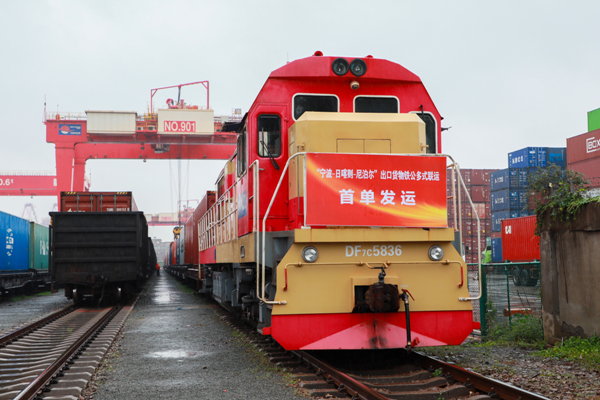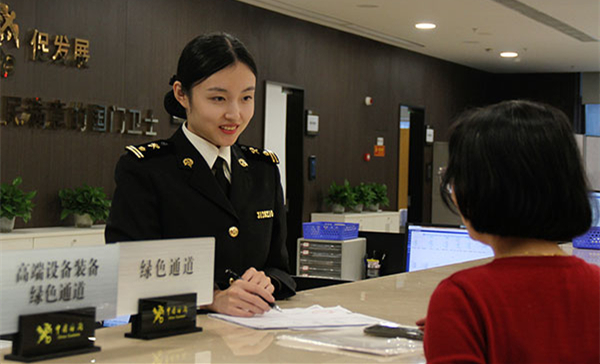SOEs pumping large sums into R&D
China's centrally-administered State-owned enterprises have played a leading role in developing new quality productive forces by investing more than 1 trillion yuan ($139 billion) annually in research and development over the past two years, and major technological achievements have continued to emerge, according to a new report.
Traditional industries have been accelerating their transformation, while strategic emerging industries are flourishing, said the report on high-quality development of State-owned enterprises in 2024, which was released by the State-owned Assets Supervision and Administration Commission of the State Council last week.
SOEs need to achieve wide-ranging and deeper integrated development, jointly expand their markets overseas, and actively participate in the building of global value and innovation chains, officials and experts said.
"We will continue to guide and promote SOEs to expand their contacts and integration for scientific and technological innovation. SOEs should closely focus on tackling bottleneck technologies, developing cutting-edge technologies, and striving to master more key technologies," said Tan Zuojun, deputy director of the commission.
Tan added that SOEs should strengthen cooperation in industrial and supply chains, boost efforts to promote the transformation and industrial application of scientific and technological achievements, jointly transform traditional industries and cultivate emerging industries.
Last year, investments by SOEs in strategic emerging industries increased by 32.1 percent year-on-year, and total annual revenues of the industries exceeded 10 trillion yuan, the report said.
In the first nine months of this year, the value of such investments grew by 17.6 percent year-on-year, and the amount accounted for nearly 40 percent of the total investment by SOEs.
Justin Lin Yifu, dean of the Institute of New Structural Economics at Peking University, said new quality productive forces have been an achievement of the technological revolution. It is led by innovation and is in line with the new development concept, and different regions should develop it based on their local conditions.
He said Chinese enterprises should make good use of their leading industrial advantages, continue to develop new products and technologies, and pay attention to technological and business revolution to prevent being overtaken by others.
In 2023, centrally-administered SOEs achieved total revenue of 39.6 trillion yuan and profits of 2.6 trillion yuan. The total annual investment reached 6.2 trillion yuan, up 6.9 percent year-on-year, according to the report.
SOEs have strengthened collaborative development with private enterprises, directly driving the growth of more than 2 million upstream and downstream enterprises in the supply chain. Of these, 96 percent are private small- and medium-sized enterprises, the report found.
Meanwhile, the technological R&D capabilities of private enterprises have significantly increased, contributing more than 70 percent of the technological innovation achievements to society, according to All-China Federation of Industry and Commerce.
"Private enterprises account for more than 80 percent of national specialized and sophisticated 'little giant' businesses, and over 90 percent of high-tech enterprises, playing an indispensable role in the development of new quality productive forces," said Qiu Xiaoping, deputy chairman of the federation.
zhuwenqian@chinadaily.com.cn

 China makes outstanding contributions to global energy transition
China makes outstanding contributions to global energy transition  Ningbo village inspires Malawi official
Ningbo village inspires Malawi official  A look at China's economic data in the first three quarters of 2024
A look at China's economic data in the first three quarters of 2024 


